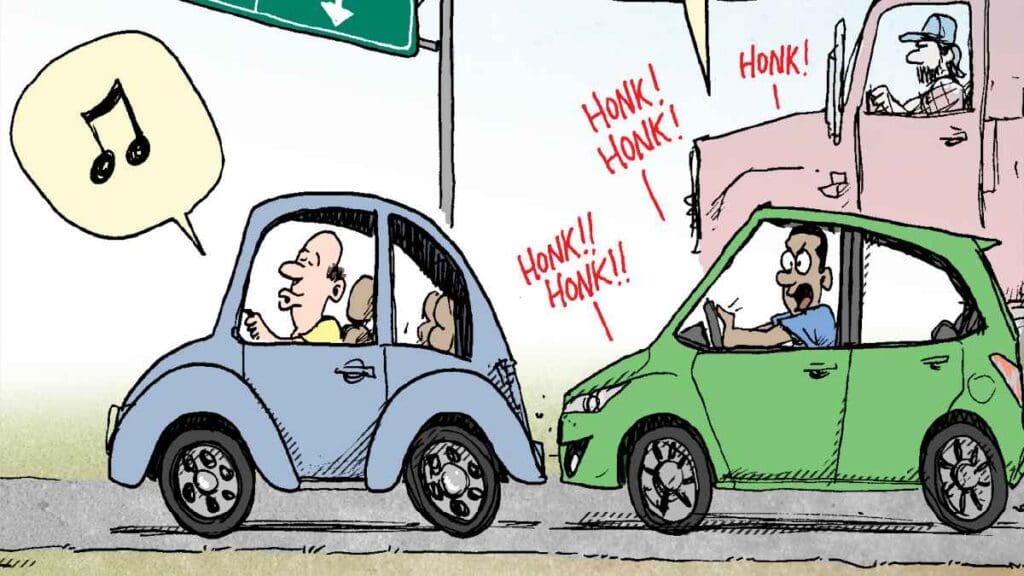
The last Tennessee legislative session produced a couple of notable tweaks to the motor vehicle laws. In 2016, Tennessee enacted a “Slow Poke Law” that prohibited a person from operating a vehicle in the passing lane of any interstate or multilane divided highway that was three or more lanes in each direction, except when overtaking or passing a vehicle on the left. The “passing lane” was defined as either the furthermost left lane or the lane to the right of the HOV lane. There are several exceptions:
1. when traffic does not permit the vehicle to safely merge into a non-passing lane;
2. when inclement weather or traffic control device makes it necessary to drive in the passing lane;
3. when obstructions or hazards exist in a non-passing lane;
4. when avoiding traffic moving onto the highway from an acceleration or merging lane;
5. when highway design makes it necessary to drive in the passing lane to exit or turn left; and
6. emergency or maintenance vehicles engaged in official duties.
Violating Tennessee’s Slow Poke Law is a Class C misdemeanor punishable by a fifty dollar fine. Effective July 1 of this year, the law was extended to cover interstate and multilane divided highways with as few as two lanes in each direction.
The legislature also added “personal delivery devices” to the list of things that qualify as a motor vehicle. What, you may ask, is a personal delivery device? A PDD is defined as a device that is solely powered by an electric motor, is operated primarily on sidewalks and crosswalks, is intended for the transport of property on public rights-of-way and is capable of navigating with or without the active control or monitoring of a person.
The new law addressing these PDDs requires they yield or not obstruct the right-of-way of all other traffic, including pedestrians. If operated between sunset and sunrise, the PDD must be equipped with lighting on both the front and rear visible from a distance of at least 500 feet. It cannot transport hazardous materials or be operated at speeds greater than 10 mph. It must be equipped with owner identification and contact information and a braking system. These little motor vehicles are exempt from laws relating to driver’s licenses, titling and registration and can be prohibited by local ordinance.
Amazon was quick to take advantage. Supposedly two weeks ago, Amazon began using PDDs as part of an autonomous delivery system designed to put packages on doorsteps in Franklin, Tennessee. They are known as Amazon Scouts, are about the size of a cooler and navigate around on sidewalks currently accompanied by a handler. They roll along at a walking pace and can navigate around pets, pedestrians and other objects in their path.

Recent Comments